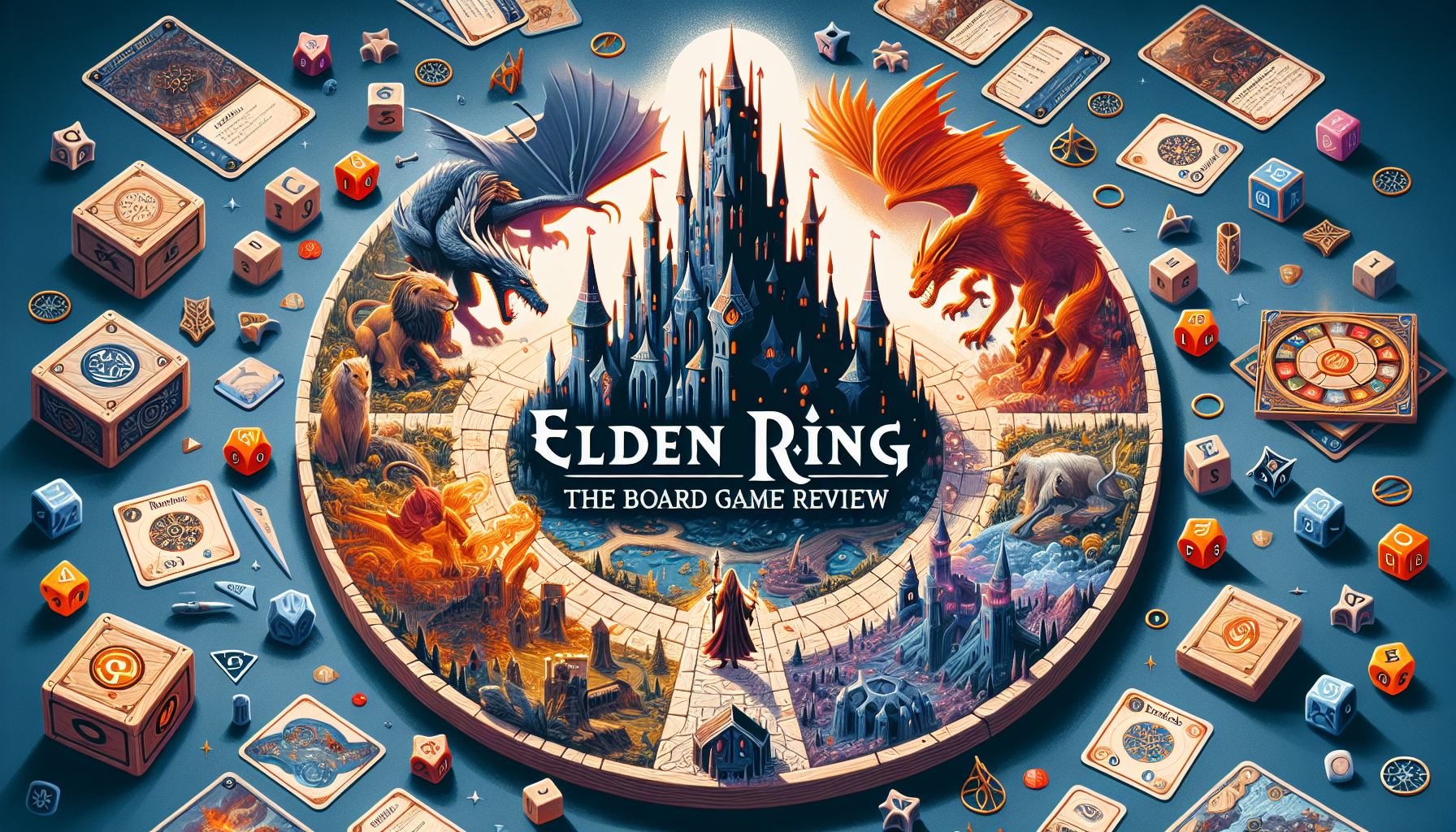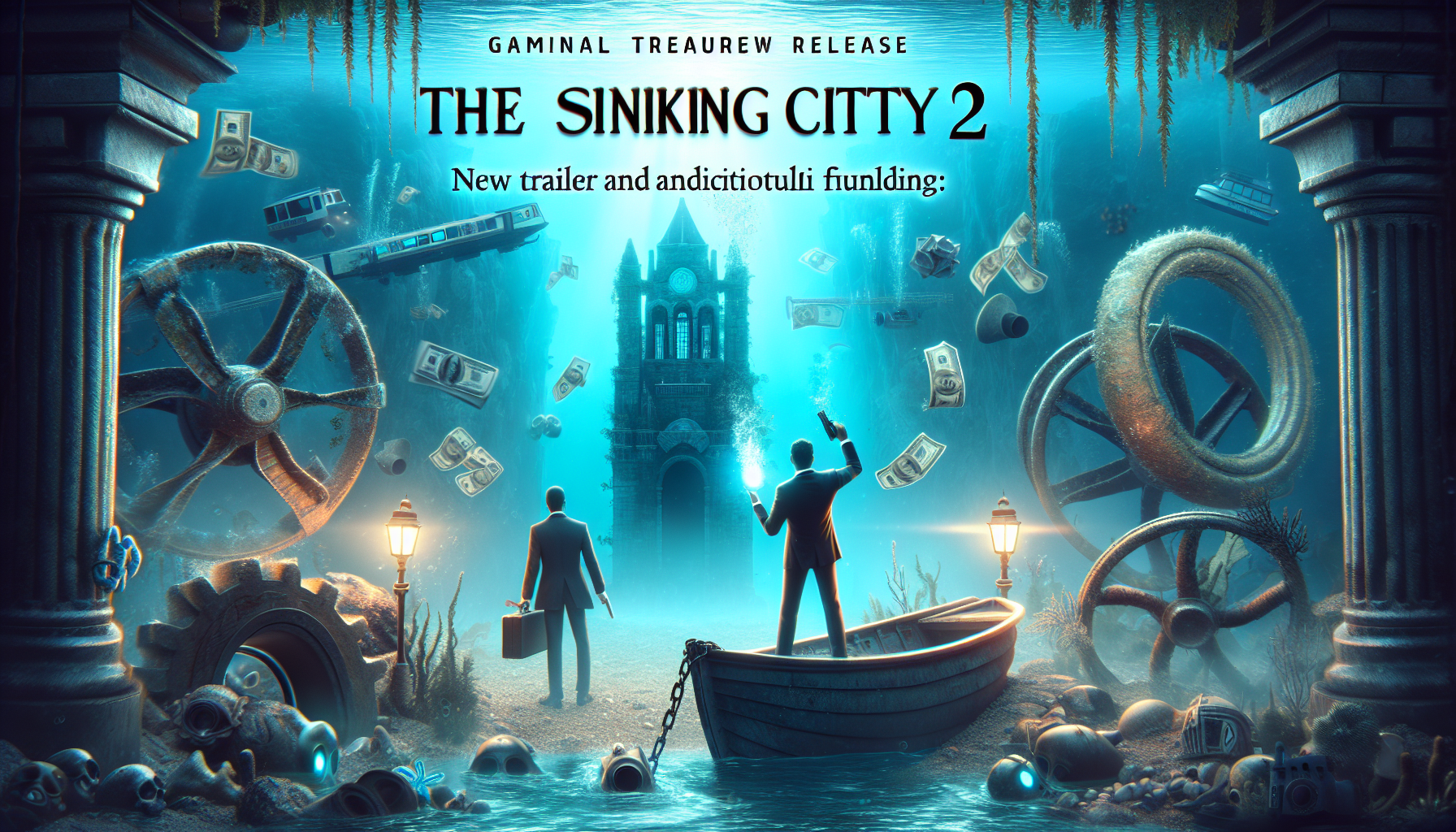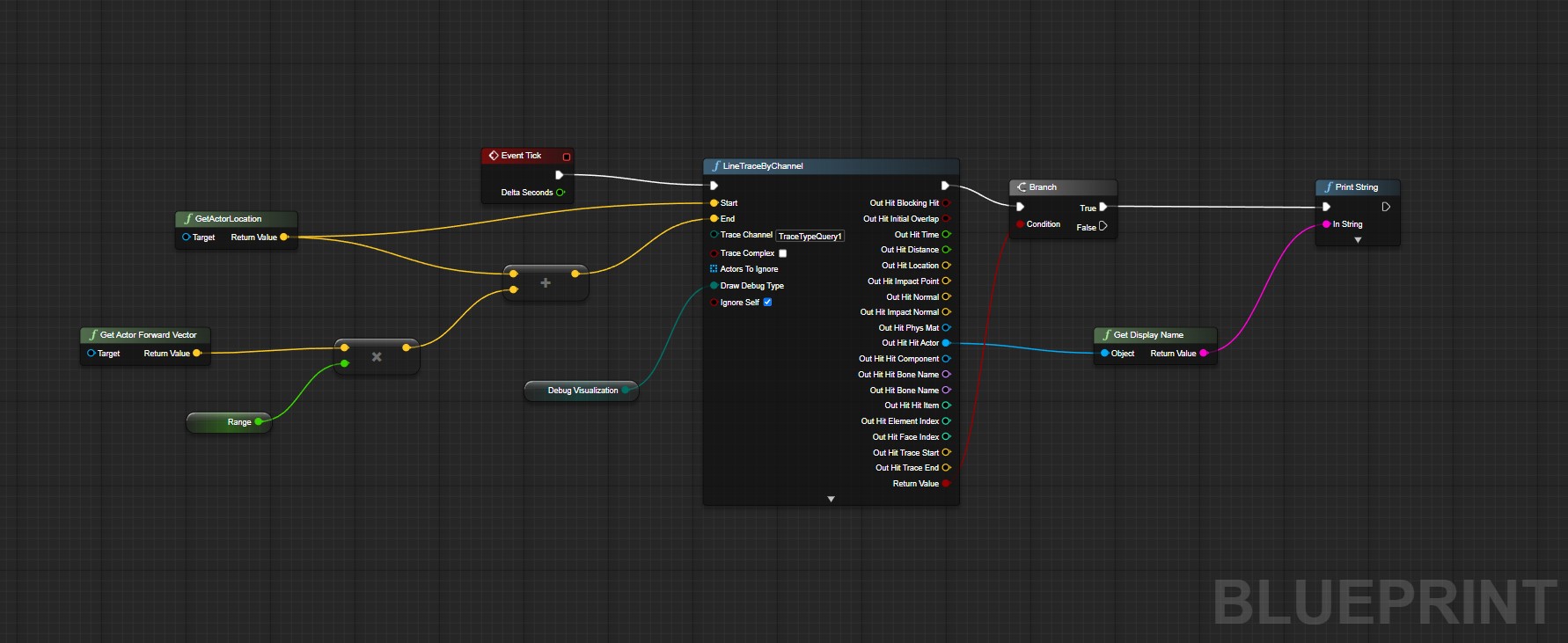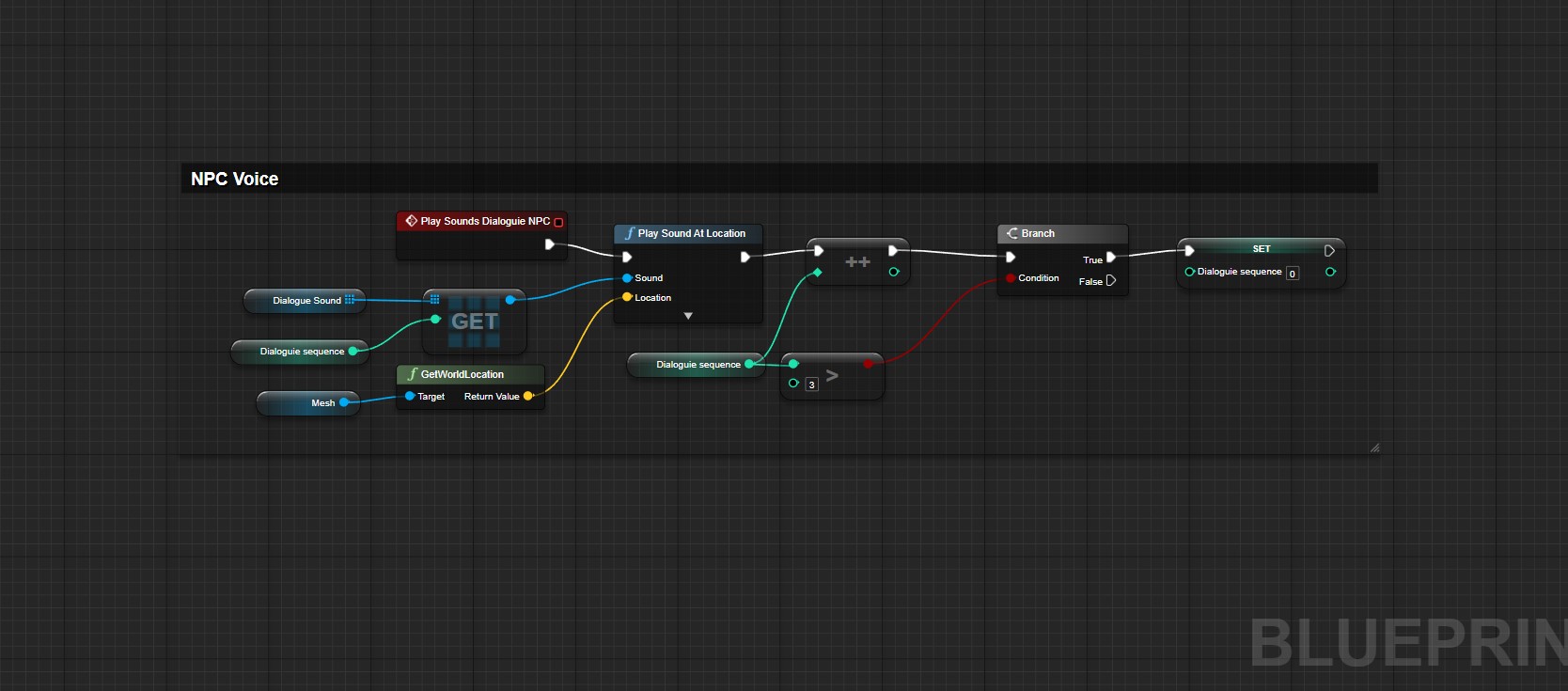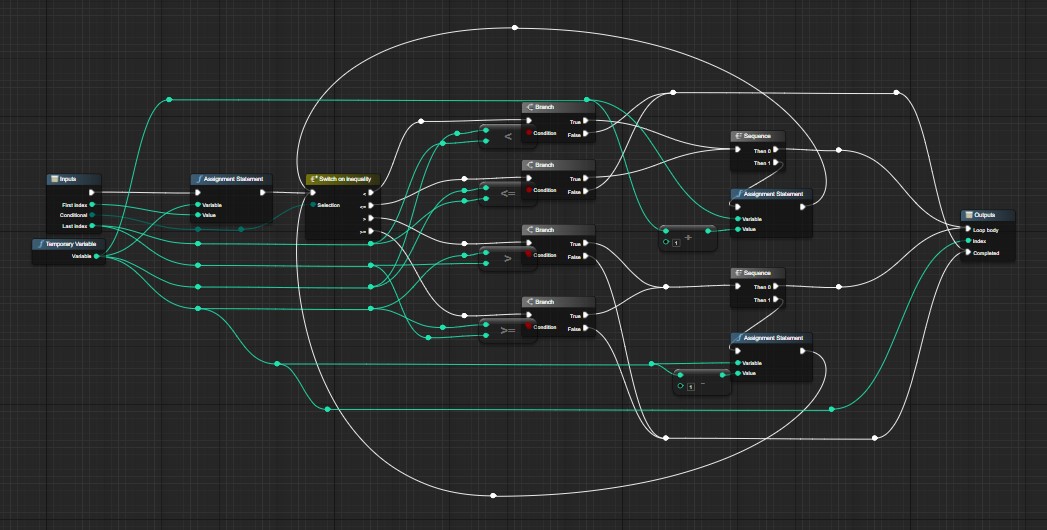# The Psychology Behind Anime and Gaming Addiction: Unveiling the Underpinnings
Anime and video games have woven themselves deeply into popular culture, creating passionate communities worldwide. While for many, they serve as exciting entertainment and hobbies, a significant portion of people struggle with addiction related to these activities. Whether it’s immersing oneself into the intricately designed anime universes or leveling up in challenging video games, there’s something more at play that hooks users in beyond just entertainment value. In this article, we’ll explore **the psychology behind anime and gaming addiction**, shedding light on why these mediums become so compelling and even addictive to some individuals.
## What is Addiction?
Addiction, in its simplest terms, refers to the compulsive need to engage in a particular activity despite the negative consequences it may bring. While it is commonly associated with substance use, behavioral addictions like those linked to gaming and media consumption (such as anime) are just as real and can have equally serious implications. As with any addiction, these behaviors prompt the brain to call for more of the same stimuli, often leading to maladaptive habits that disrupt daily life.
## The Neuroscience of Addiction: Dopamine’s Role
To understand addiction to anime and video games, we first need to peer into the brain’s reward system. When we partake in enjoyable activities, our brain releases **dopamine**, a neurotransmitter associated with pleasure and reward. This dopamine rush is what draws people to repeat behaviors that bring them joy.
Video games and anime have features that stimulate **constant dopamine release**:
– Achievements and rewards in games create satisfaction and a desire for progression.
– Plot twists and emotional resonance in anime give viewers the euphoric “high” from engaging experiences.
This influx of dopamine can trick the brain into constantly searching for the same excitement and engagement, fostering an environment ripe for addiction.
## The Appeal of Anime: Emotional Attachment and Escapism
### 1. Emotional Resonance and Character Identification
Anime gives viewers a highly immersive experience through its vivid storytelling, emotional depth, and captivating characters. Bonds are formed with these fictional worlds as individuals resonate emotionally with certain characters who reflect their feelings, struggles, and desires.
For example, series such as **“Naruto”** and **“Your Lie in April”** explore profound existential and emotional themes, leading viewers to deeply empathize with the anime’s characters. This emotional identification prompts feelings of attachment, making it hard to disconnect from the medium.
### 2. Escapism: A Break from Reality
Anime often presents fantastical settings that provide an avenue for escape, offering solace from real-life stresses. Whether traveling through alternate universes in **“Attack on Titan”** or unraveling the mystery in **“Steins;Gate,”** anime offers viewers an engaging break from mundane day-to-day life. This escapism can be addictive, especially for individuals who may feel socially isolated or overwhelmed by everyday struggles.
In severe cases, people can prioritize fantasy worlds over real life because it becomes an easier and more satisfying way to resolve their emotional tensions or unfulfilled needs. This can result in compulsive binge-watching behavior that leads to addiction, especially when individuals lose control over when to stop.
## The Mechanics of Video Game Addiction
### 1. Rewards and Progression Systems
One of the key psychological mechanisms fueling video game addiction is the sense of progression and achievement. Modern games utilize **reward systems** that trigger positive reinforcement when completing tasks or earning in-game resources.
– **Leveling up** in RPGs (Role Playing Games) such as **“World of Warcraft”** provides a sense of achievement and progress which can be very addictive to players.
– In competitive games like **“League of Legends”**, the thrilling victories or hitting elusive ranked milestones reinforce behavior by making players chase the next win.
A behavioral loop forms from these wins and achievements, causing many to continue playing long after the initial pleasure wanes. The constant feeling of advancement produces an ongoing pull toward playing just “one more game.”
### 2. Social Interaction: Multiplayer Games Are More Engaging
Gaming addiction is also fueled by the social aspect that accompanies multiplayer experiences. Players in games like **“Fortnite”** or **“Call of Duty: Warzone”** can bond with friends, form guilds or clans, and experience teamwork, providing a sense of **community and belonging**. For some, this digital camaraderie acts as a replacement for real-life social interaction, making them more involved in the game than in their day-to-day relationships.
### 3. The Fear of Missing Out (FOMO)
Video games, especially those with online components, cultivate a sense of FOMO. Whether it’s missing out on limited-time events or unlockable content, players feel anxiety over not being at the top of leaderboard boards or missing seasonal adventures.
This FOMO drives compulsive behavior, drawing individuals back into the game frequently to ensure they aren’t “left behind,” exacerbating addictive tendencies.
## Vulnerability: Why Some People Are More Prone to Addiction
### 1. Emotional Regulation and Coping Mechanisms
People who are struggling with high levels of stress, depression, or social anxiety are more likely to develop addictions to anime and video games. For some, anime is easier to connect with than real-world socializing, while for others, video games become a retreat where they can control how their efforts impact success, something that may feel elusive in real life.
### 2. Personality Traits
Certain personality traits, such as **impulsivity** and **high sensitivity to reward**, can make people more vulnerable to behavioral addictions. Those who are susceptible to impulsive behavior tend to have difficulty regulating the amount of time spent in activities that offer instant gratification, like anime and gaming.
### 3. Escalation Through Loneliness
Loneliness is a common psychological factor that drives individuals deeper into the addictive cycle. Many who feel disconnected from society find solace within the supportive online communities of gamers and anime fans, forming dependencies on these interactions to feel fulfilled.
## Recognizing and Addressing Addiction
Like many forms of addiction, gaming and anime addiction can be difficult to self-diagnose. However, there are signs that suggest someone may be struggling:
– **Neglect of personal responsibilities or relationships** in favor of gaming or watching anime.
– **Inability to control or limit** time spent dedicated to these activities.
– **Sleep deprivation** or malnutrition resulting from late-night binges.
– Using gaming or anime as an emotional crutch or to **escape real-life problems** consistently.
### Solutions to Overcome Addiction
1. **Setting Boundaries**: Limiting oneself to specific durations of engagement can help individuals reclaim control.
2. **Mindful Consumption**: Using tracking apps to chart hours spent on gaming or anime can create awareness of excessive habits.
3. **Seek Counseling**: Cognitive-behavioral therapy (CBT) has proven to be effective in cases of behavioral addiction. Understanding the root causes behind addictive behaviors and building new, healthier coping mechanisms can be transformative.
## Conclusion
Anime and gaming, with their ability to intrigue and engage on psychological, emotional, and social levels, can be a double-edged sword. While they offer profound entertainment and escape, an imbalance can lead individuals down a path of addiction. Understanding the underlying psychological mechanisms, such as the brain’s reward systems, emotional needs, and the appeal of both anime and gaming, can bring clarity.
By recognizing signs of addiction early and learning how to stay balanced between healthy enjoyment and consumption patterns, anime fans and gamers can avoid falling into the pitfalls of these addictive behaviors.







